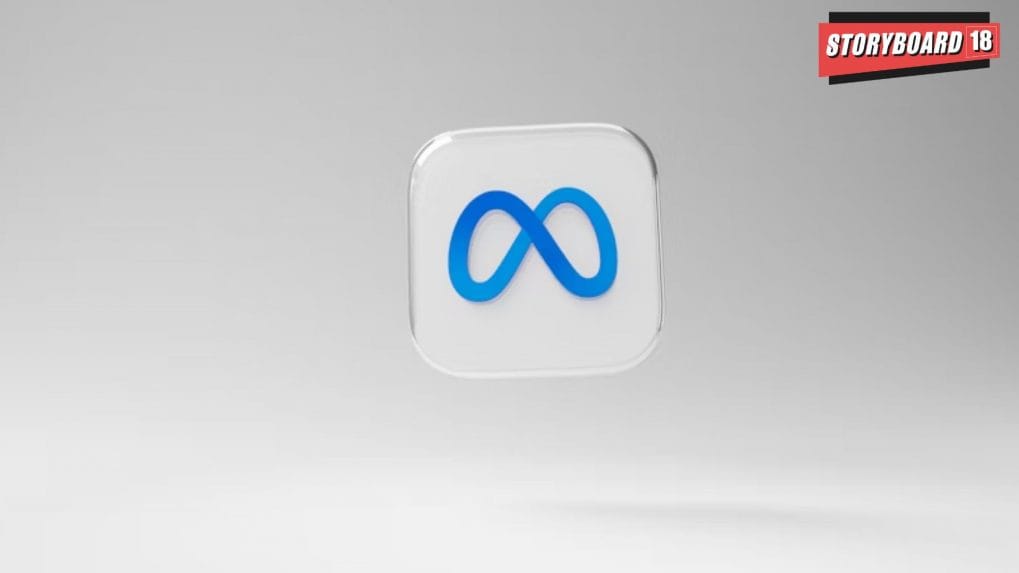Advertising
From Pink Slips to Silent Sidelining: Inside adland’s layoff and anxiety crisis

Meta has reportedly secured a 24-year-old AI researcher, Matt Deitke, with a staggering four-year compensation package valued at approximately $250 million in stock and cash. This unprecedented offer, which reportedly includes up to $100 million in the first year alone, highlights a new, high-stakes phase in the battle for top AI talent.
The deal, first reported by The New York Times, came after Deitke initially declined earlier overtures from Meta. Following consultations with peers, he ultimately accepted the revised offer. The astronomical figures have drawn comparisons to elite professional sports contracts, with some AI researchers now receiving compensation that rivals and even surpasses the earnings of top NBA players like Steph Curry.
Unlike professional sports, the tech world operates without salary caps, fueling an aggressive and public talent war among giants like Meta, OpenAI, Google, and Microsoft. These companies are vying for a small, elite group of specialists capable of building superintelligent systems. The competition is so fierce that recruitment efforts are being tracked with the same intensity as professional sports trades, complete with public scrutiny of personalities, compensation, and team dynamics.
Meta's strategy has reportedly included direct outreach from CEO Mark Zuckerberg to top AI researchers. These offers often come with not only immense compensation but also the promise of access to unparalleled computing resources, with some engineers reportedly being promised tens of thousands of GPUs to support their work. This access is viewed as a critical component in developing the next generation of AI systems.
Internal documents at Meta reportedly contain a list of the world's top AI minds—individuals with advanced degrees and significant contributions to the field. Members of this exclusive group have allegedly formed chat groups to share job offers and strategize negotiations, maximizing their leverage in the competitive market.
The ripple effects of this talent war are being felt across the industry. OpenAI has reportedly updated its internal compensation model and now requires researchers to consult with management before considering offers from competitors.
The recruitment of Deitke, who previously worked at the Allen Institute for AI and co-founded a startup, Vercept, represents a significant move by Meta to solidify its position in the race for superintelligent AI. The deal is expected to reshape how researchers view their career paths and influence the future of technology.
From purpose-driven work and narrative-rich brand films to AI-enabled ideas and creator-led collaborations, the awards reflect the full spectrum of modern creativity.
Read MoreLooking ahead to the close of 2025 and into 2026, Sorrell sees technology platforms as the clear winners. He described them as “nation states in their own right”, with market capitalisations that exceed the GDPs of many countries.